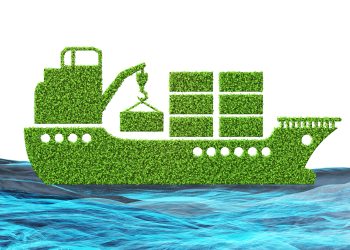European shipowners have welcomed the European Parliament’s adoption of the Recommendations on the 2010 Protocol to the International Convention on Liability and Compensation for Damage in Connection with the Carriage of Hazardous and Noxious Substances by Sea 1996 in its Plenary-session this week.
This provides the necessary consent required for the adoption of the Council Decisions authorising Member States to ratify or accede to this international agreement as appropriate.
“We welcome this decision as we are now one step closer to the closure of the EU legislative process by the adoption of the Council Decision allowing for the Member States to ratify and accede to the Convention”, commented Patrick Verhoeven, ECSA Secretary General. “The Convention establishes a comprehensive regime covering pollution damage from hazardous and noxious substances carried by ships. We strongly support the Convention and urge its early entry into force”, he concluded.
The 2010 International Convention on Liability and Compensation for Damage in connection with the Carriage of Hazardous and Noxious Substances by Sea (the ‘2010 HNS Convention’) is an important part of the international maritime liability and compensation regime. This in particular as the carriage of HNS by sea is growing by almost all ship types including: Container ships, chemical, liquefied natural gas (LNG) and liquefied petroleum gas (LPG) tankers.
Since the Protocol of 2010 has parts of it falling under the exclusive competence of the European Union, Member States need to be authorised through a Council Decision to be able to ratify or accede to it. The EU legislative procedure requires the authorisation of the Council and the consent of European Parliament on a proposal by the European Commission.
The shipping industry strongly encourages the Member States to take the necessary measures to ratify and accede to the 2010 Protocol to the HNS Convention as soon as possible. In this way, the European Union could lead by example in the ratification of this important International Convention and influence its entry into force.
Find out more by reading the following industry statement by ECSA, the International Chamber of Shipping (ICS) and BIMCO.
Source: ECSA































































